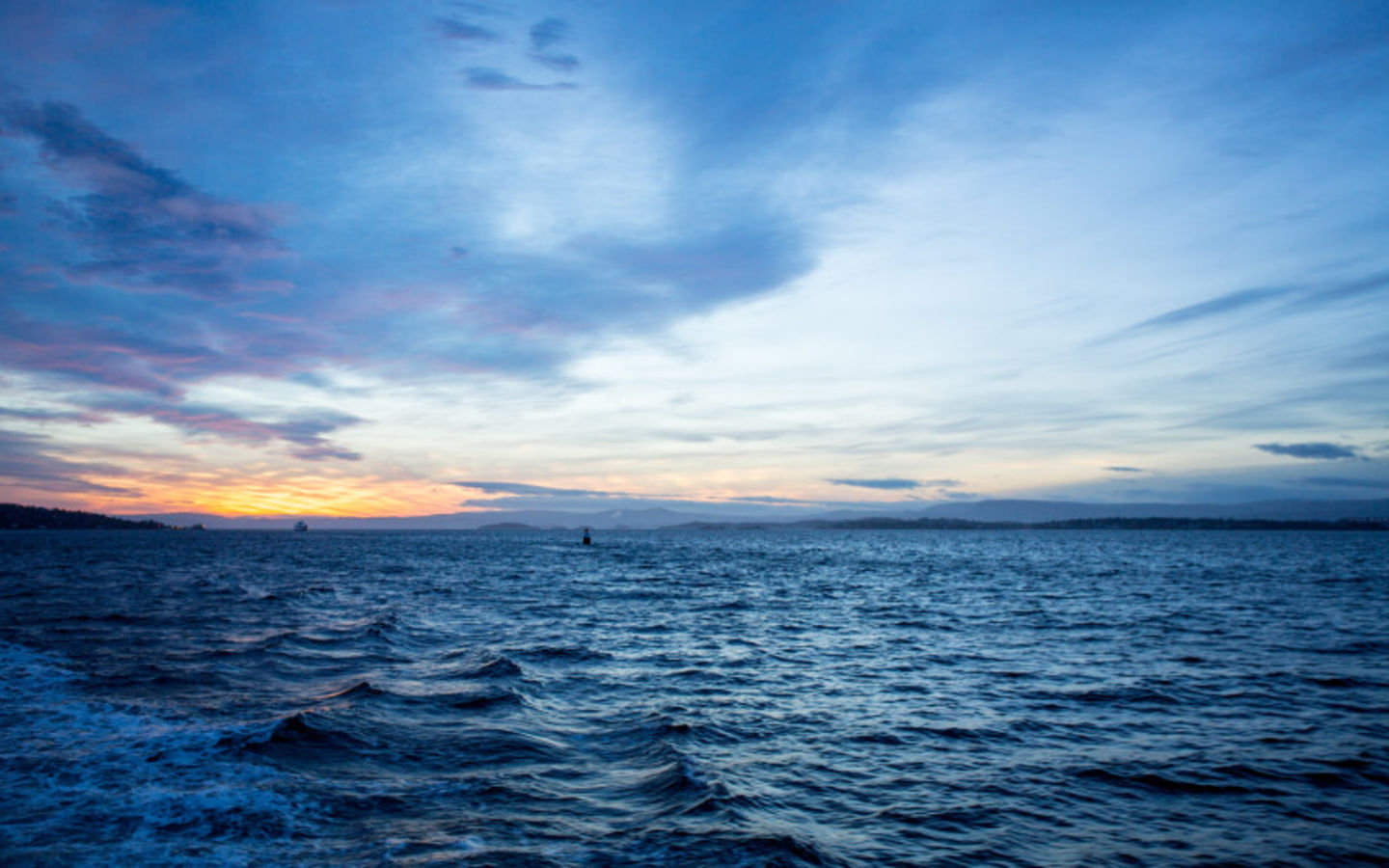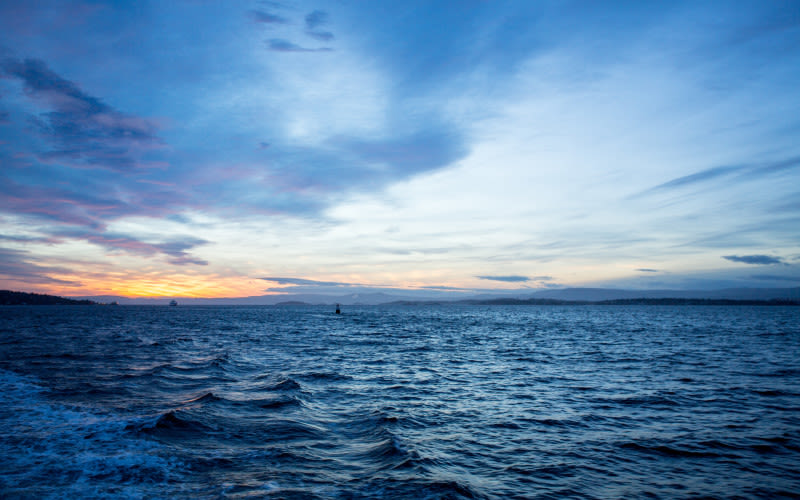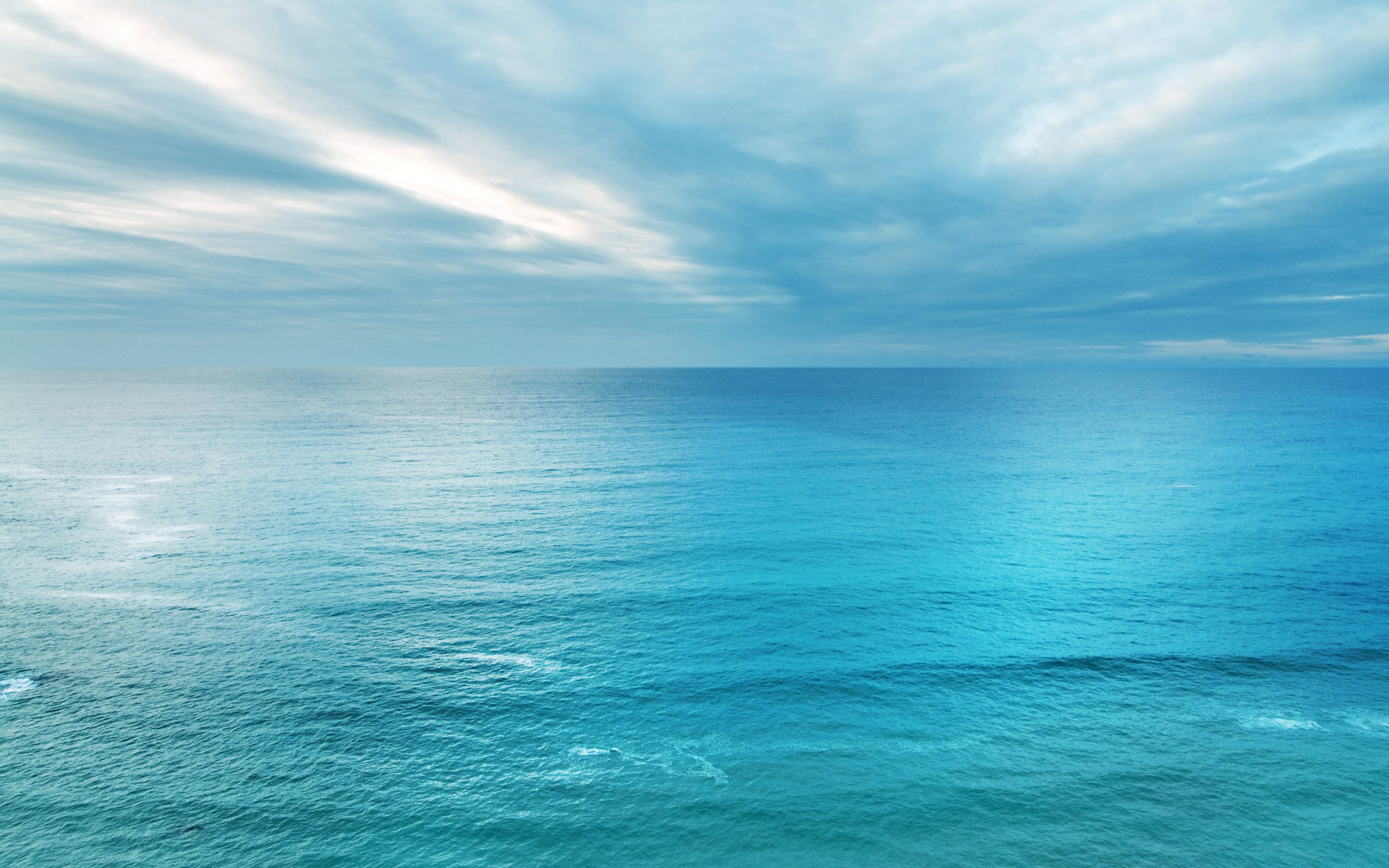Three reasons why it’s important to protect the ocean
It was brilliant to join the Paris Peace Forum to talk about why we need to protect the high seas.
It’s no secret I am hugely passionate about the ocean and enjoy the privilege of spending so much of my life close to the ocean.
After nearly two decades of discussions at the United Nations and in world capitals, it’s positive to see that governments are in the final stages of negotiating a High Seas Treaty.
There are huge expanses of the ocean that aren’t under the jurisdiction of any country and this international agreement will finally bring legal protection to marine life in the high seas and ensure they are managed in a sustainable way.
There are three big reasons why this treaty is so important:
1. A healthy ocean means a healthy future
The ocean plays a huge role in sustaining life on our planet and in the global economy – it produces at least 50% of our oxygen and stores massive amounts of heat and carbon. Some estimates put the ocean’s annual contribution to global GDP at $70 trillion.
Tens of millions of jobs depend on fisheries and tourism. 90% of global trade volume relies on ocean shipping. The list goes on and on. Without a healthy ocean, and without an agreement on how to protect large areas of it, we are waging a huge gamble on the future of our children and grandchildren. That’s not a risk I want to take.
2. The ocean is a common good
This is a principle that has to be defended, now more than ever before.
At a time when we are reminded of the dangers of unilateralism on a daily basis, there is no better example than the climate and ocean crises to highlight the need for international cooperation and multilateralism. We will only be able to tackle these challenges if we set aside our differences, reject narrow national interests, and stand together as one.
3. The time is now
We have a once-in-a-generation chance to get things right and make an agreement that serves the interest of future generations. We are dealing with complex issues, but we must not let this generation’s politics get in the way of a strong treaty that goes beyond maintaining the status quo. We need a fundamental change in the way the ocean is managed and protected.
Over the last two years, we have all been inspired by young people taking to the streets and demanding change, demanding action - this is our chance to listen and act for the good of our planet and the good of these future generations.
We must stop delaying action and finally reach an agreement in 2021.





